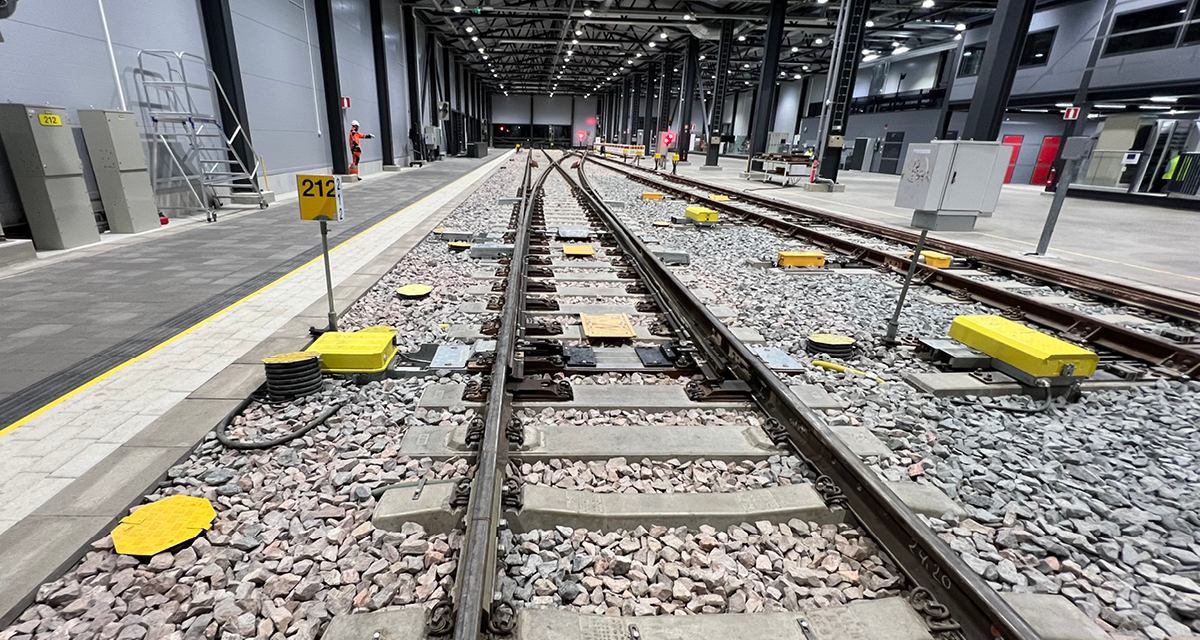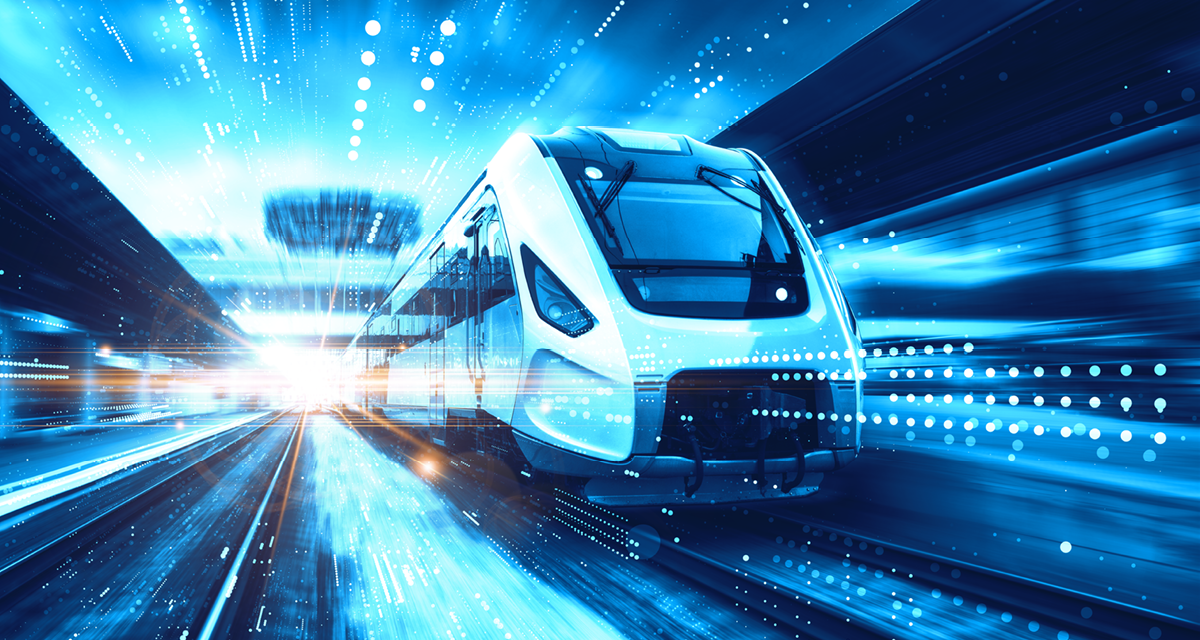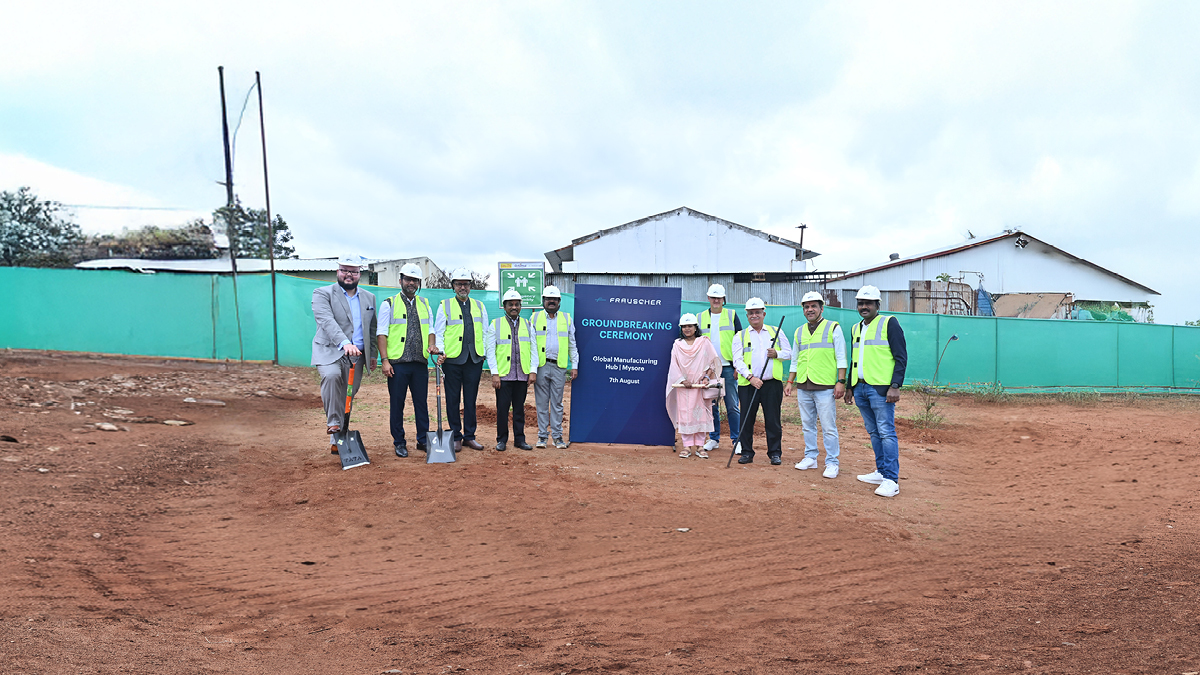Notification Center
No bookmarks saved yet
Discover interesting pages and easily share them with others via email.

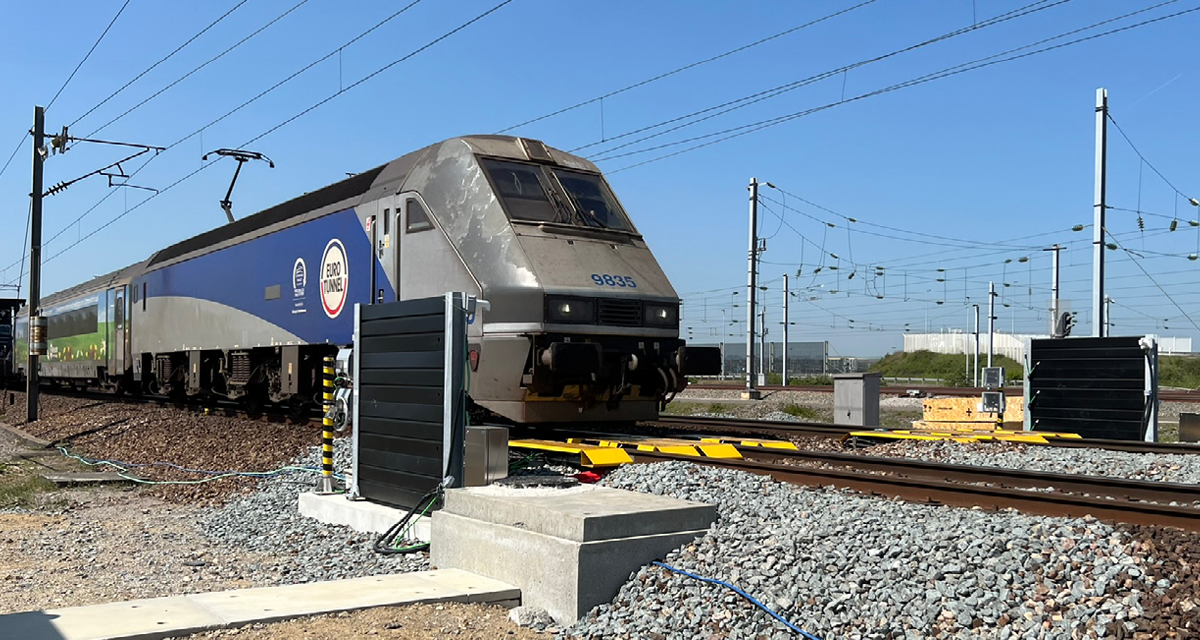
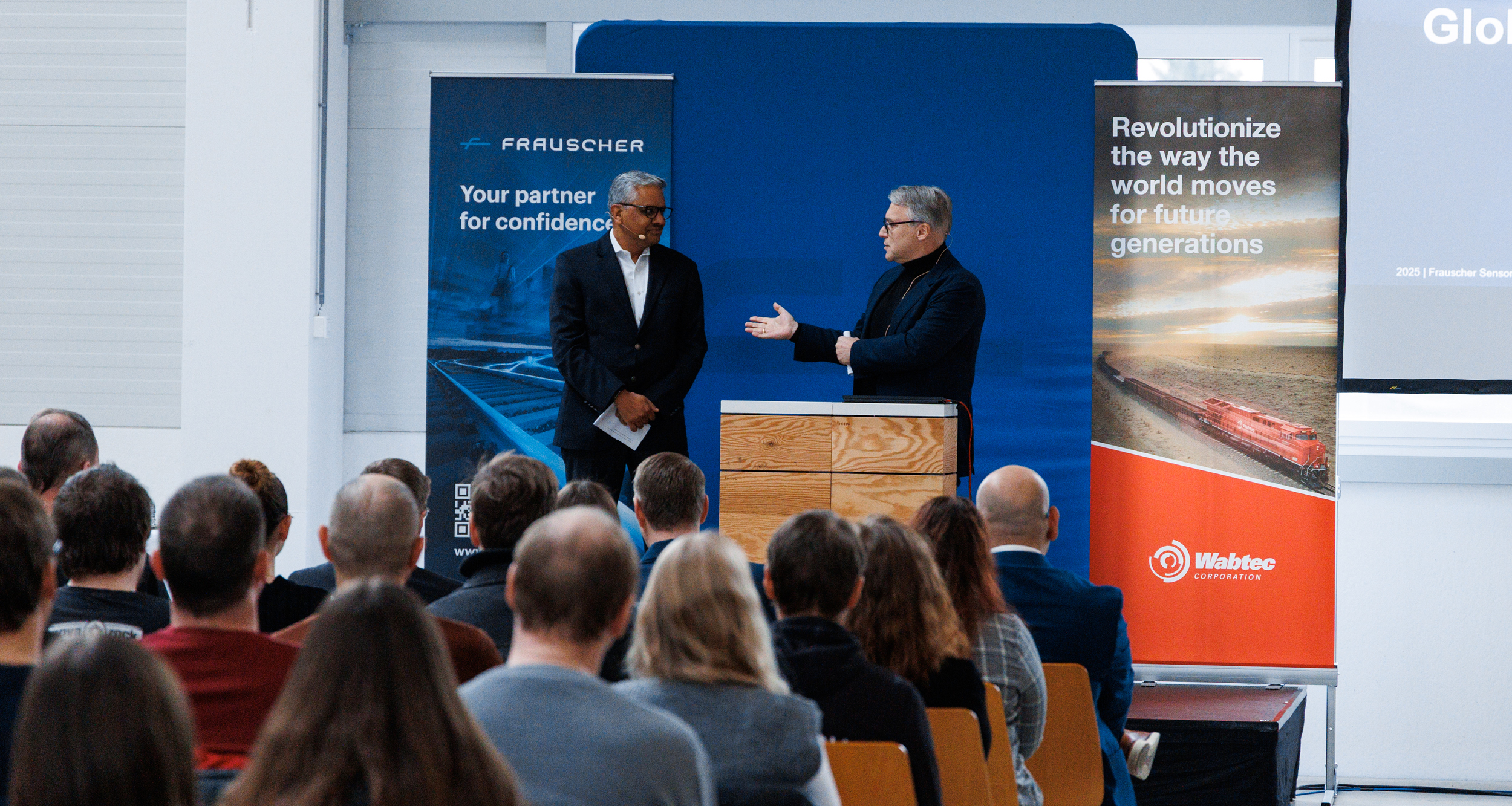
Turning Data into Valuable Insights: Cloud-based Monitoring Solutions for Reliable and Efficient Railways
Jan 19, 2026 | 7 min read
Enabling Safe, Intelligent Wheel Diagnostics in the Eurotunnel Shunting Yard
Dec 16, 2025 | 6 min read
Frauscher Officially Part of Wabtec: A New Chapter in the Rail Industry’s Digital Transformation
Dec 11, 2025 | 7 min read

Turning Data into Valuable Insights: Cloud-based Monitoring Solutions for Reliable and Efficient Railways
Jan 19, 2026 | 7 min read

Enabling Safe, Intelligent Wheel Diagnostics in the Eurotunnel Shunting Yard
Dec 16, 2025 | 6 min read

Frauscher Officially Part of Wabtec: A New Chapter in the Rail Industry’s Digital Transformation
Dec 11, 2025 | 7 min read
Solutions & Products
Read more about our reliable products and solutions for a wide range of railway applications.
1/3
Services
Find out how we support our customers throughout the entire product life cycle.
Company News
Read more about the latest news from Frauscher.
1/3
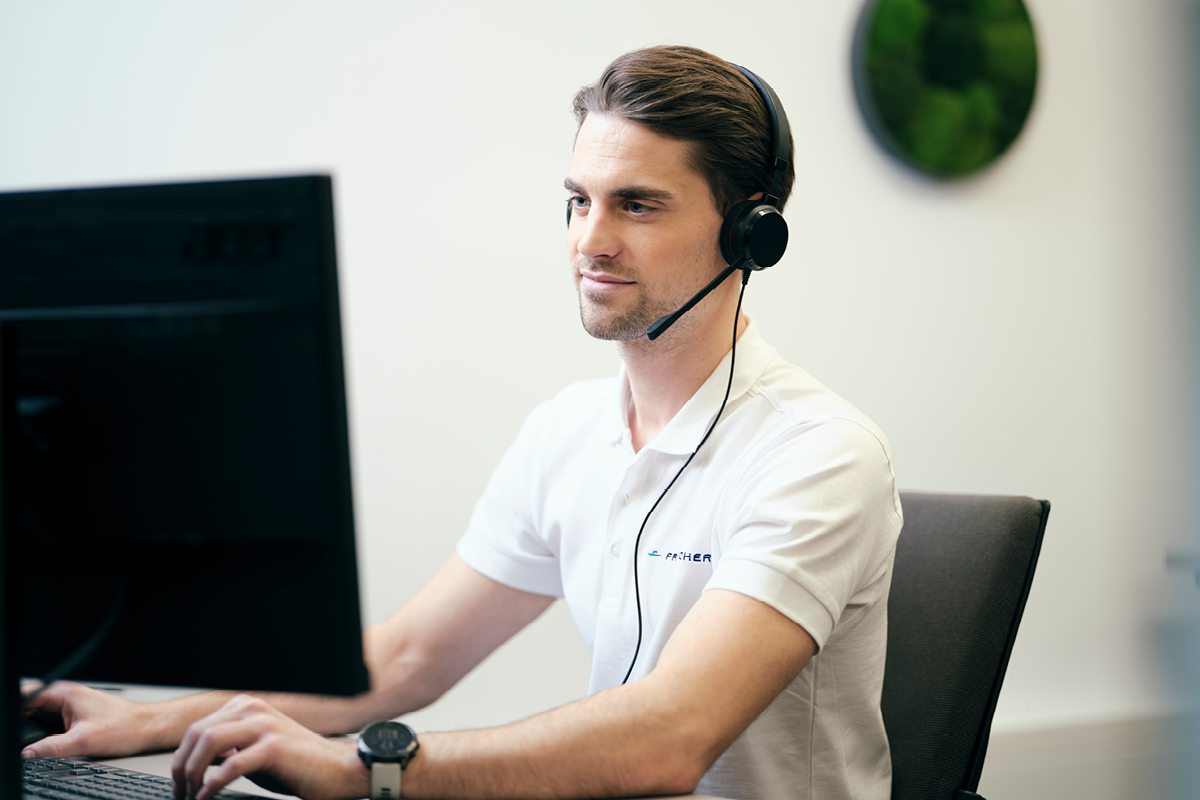
Feel free to contact us anytime!
Do you have a similar project or require more information? Contact us - we're here for you!
